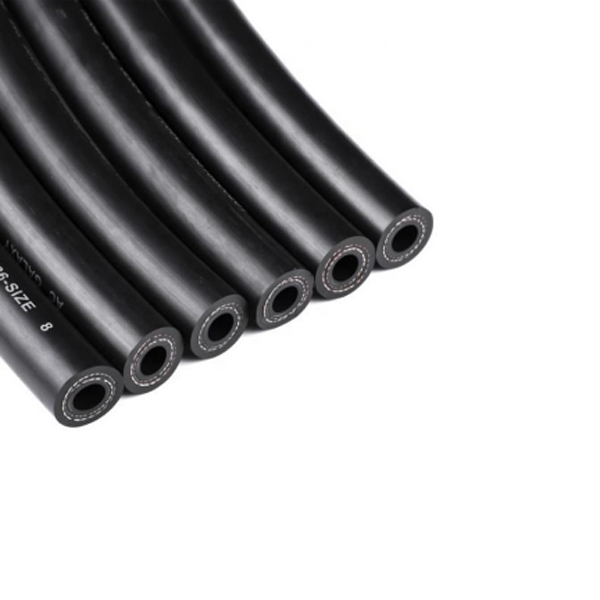oil hose
Dec . 05, 2024 14:56 Back to list
oil hose
Understanding Oil Hoses Essential Components for Fluid Transfer
Oil hoses are crucial components in various industries where the transfer of oil and other fluids is required. Engineered to withstand the harsh conditions prevalent in many oil-related applications, these hoses play a vital role in ensuring safety, efficiency, and reliability. Understanding the nature, types, and applications of oil hoses can aid industries in making informed decisions regarding their use.
What is an Oil Hose?
An oil hose is a flexible conduit designed specifically for transferring oil, petroleum products, chemicals, and other fluids. It is typically constructed from a combination of materials that can resist high temperatures, and pressure, and prevent leaks. The composition often includes rubber, thermoplastics, or a blend of both, which can be reinforced with various fabrics or steel wire to enhance durability.
Types of Oil Hoses
Several types of oil hoses are available, tailored to meet specific requirements and applications.
1. Hydraulic Hoses These hoses are designed for hydraulic fluid transfer, often found in machinery and equipment. They usually feature a high-pressure tolerance and are reinforced to prevent bursting under pressure.
2. Fuel Hoses Commonly used in automotive applications, fuel hoses are engineered to handle gasoline and diesel fuel. These hoses need to be compatible with a range of fuels and often carry additives to increase the longevity and resistance to abrasions and corrosion.
3. Bitumen Hoses Used for transporting hot asphalt or bituminous materials, these hoses are designed to withstand elevated temperatures while maintaining flexibility. Their construction uses specialized materials to prevent softening or degradation due to heat.
oil hose

4. Chemical Hoses While they can also carry oil, chemical hoses are designed to transport a wide range of chemicals, including corrosive substances. They feature specific linings that prevent chemical reactions that could compromise the hose's integrity.
Applications of Oil Hoses
Oil hoses find their application across a variety of industries, including
- Petroleum Industry Used extensively in refining, distribution, and storage facilities, oil hoses facilitate the transfer of crude oil and its derivatives. Their robust construction ensures safety and compliance with regulatory standards.
- Automotive Sector Oil hoses are integral to fuel systems in cars, trucks, and heavy machinery. Ensuring proper functioning of these hoses is critical to vehicle performance and efficiency.
- Construction and Mining Heavy equipment often relies on hydraulic oil hoses for operation. In these rugged environments, hoses must withstand extreme conditions such as high pressure, abrasion, and varying temperatures.
- Aerospace The aerospace industry utilizes specialized oil hoses for fuel and hydraulic applications. These hoses must adhere to stringent safety standards due to the critical nature of aircraft operations.
Conclusion
The importance of oil hoses in various sectors cannot be understated. Their ability to safely and efficiently transport oil and fluids ensures the smooth operation of machinery, vehicles, and industrial processes. When selecting oil hoses, factors such as material compatibility, temperature resistance, and pressure ratings must be considered to match the specific needs of the application. As technology advances, the evolution of oil hose designs continues, providing safer and more efficient solutions for fluid transfer in an ever-demanding industrial landscape. Proper maintenance and timely replacement are also essential to prolonging the life of these critical components, thus ensuring ongoing operational efficiency and safety.
